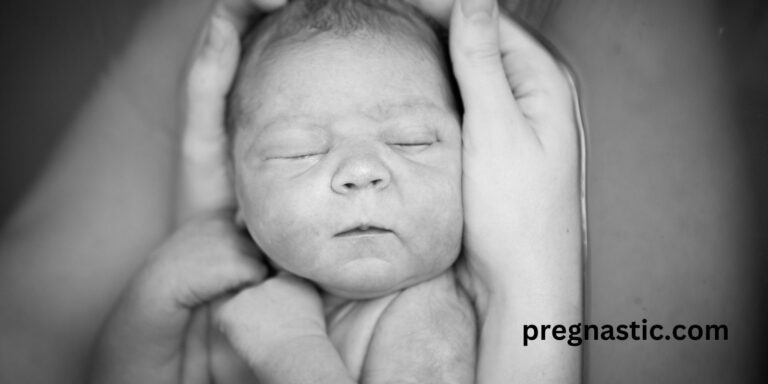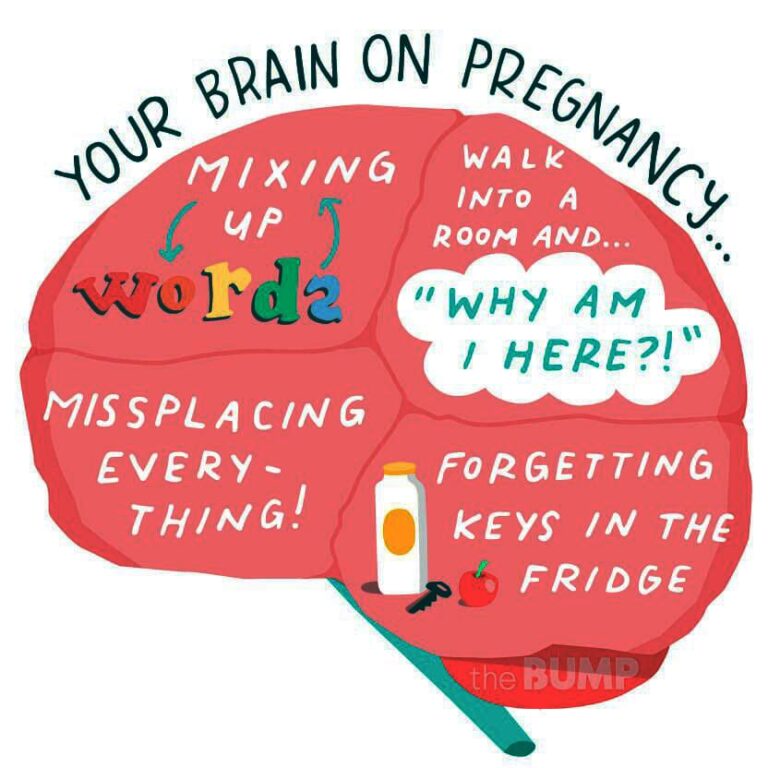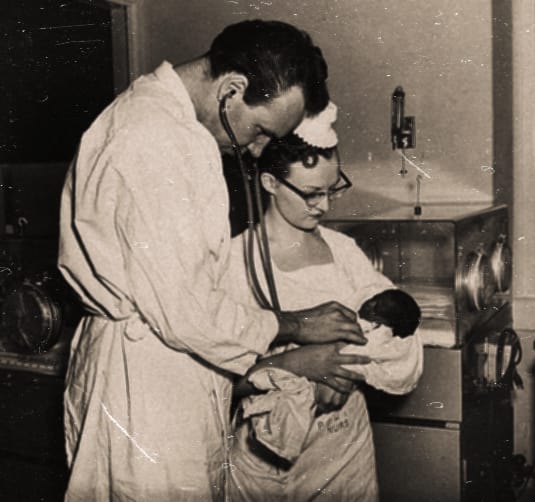Teenage Pregnancy
Introduction
Teenage pregnancy, the occurrence of pregnancy in a female under the age of 20, throws a curveball into the life trajectory of a young woman. It’s a situation that stands at the intersection of adolescence and parenthood, presenting a unique set of challenges. Unlike planned pregnancies, teenage pregnancies often lack the emotional and practical preparation that typically accompanies starting a family.
The sudden realization of carrying a child can trigger a whirlwind of emotions within a teenager. Feelings of fear, anxiety, and confusion are common as the young woman grapples with a future that seems to have shifted dramatically overnight. The social stigma surrounding teenage pregnancy can further exacerbate these emotions, leading to a sense of isolation and a disconnect from peers.
The challenges extend beyond the emotional realm. Teenage girls are still navigating their own development – physically, emotionally, and socially. The prospect of parenthood can feel overwhelming, especially considering the financial strain and logistical hurdles involved in raising a child. Educational aspirations and career paths may also seem to take a backseat, potentially limiting future opportunities.
However, amidst the challenges, there’s a crucial element that shouldn’t be overlooked: hope. Teenage pregnancy does not have to be a dead end. With the right support system in place, a young woman can navigate this experience with strength and resilience. Open communication with trusted adults, access to comprehensive resources, and a supportive network can make a world of difference.
Support can come from various sources: parents or guardians, understanding teachers, counselors, or even healthcare professionals. Open and honest conversations about the situation, exploring options, and providing emotional support can be the foundation for a positive outcome. Additionally, access to prenatal care is crucial for ensuring the health of both the mother and the baby.
By empowering teenagers with information, resources, and a sense of support, we can help them navigate this unexpected turn in their lives. Teenage pregnancy can be a difficult and challenging situation, but with the right approach, it doesn’t have to define a young woman’s future. Through informed decision-making, support, and a commitment to building a positive path forward, both the teenager and her baby can emerge stronger and more resilient.
The Emotional Turmoil
Finding out you’re pregnant as a teenager can feel like being thrown onto a speeding emotional rollercoaster. One minute you’re processing the shock of the news, the next you’re grappling with a confusing mix of emotions that can leave you feeling overwhelmed and uncertain.
A Tangled Web of Emotions
- Fear: The unknown often sparks fear. The fear of the future, fear of the birthing process, fear of judgment, and even fear of failure in this new role as a mother can all come crashing down.
- Anxiety: A constant state of worry may take hold. Worries about finances, educational goals, how to tell loved ones, and even anxieties about raising a child can feel paralyzing.
- Confusion: The world may seem to blur. How did this happen? What does this mean for my life? The rapid shift in circumstances can leave a teenager feeling utterly confused and unsure of what steps to take next.
- Isolation: Shame or fear of judgment can lead to a sense of isolation. The teenager may feel disconnected from peers and unsure who to confide in.
- Anger: Anger might be directed at oneself, a partner, or even the situation itself. Feeling like life has become unfair or that goals have been disrupted can fuel feelings of anger and resentment.
The Power of Open Communication
Navigating this emotional rollercoaster can feel impossible alone. Reaching out to a trusted adult is crucial in managing these powerful emotions. This trusted adult can be a parent, a counselor, a supportive teacher, or even a healthcare professional. Here’s why open communication matters:
- Validation of Emotions: A trusted adult can acknowledge the teenager’s feelings, letting her know that her emotions are valid and understandable.
- Support and Guidance: Open communication allows the teenager to explore her options and receive guidance from someone with experience and perspective.
- Reduced Isolation: Confiding in a trusted adult can break the cycle of isolation, providing a safe space for the teenager to express her fears and concerns.
- Empowerment: Talking through the situation can help the teenager feel empowered, allowing her to take control of the situation and make informed decisions.
Open communication is the first step towards navigating the emotional rollercoaster of teenage pregnancy. With a listening ear and supportive guidance, a teenager can begin to process her emotions and find the strength to move forward.
Charting a Course: Exploring Options in Teenage Pregnancy
The discovery of a teenage pregnancy creates a crossroads, presenting several paths for the young woman to consider. Each option carries its own weight of responsibility and potential consequences. Making an informed decision requires careful thought, research, and support. Let’s explore the different options available:
- Parenting
- Embracing Motherhood: This path involves the teenager raising the child herself. It requires immense dedication, emotional maturity, and a strong support system. Resources like childcare assistance, educational programs for young mothers, and parental guidance can be crucial.
2. Adoption
- The Gift of Family: Choosing adoption allows the teenager to provide a loving home for another family to raise the child. Adoption can be an open process, allowing for some level of contact, or closed, with complete anonymity.
3. Abortion
- Terminating the Pregnancy: This option involves ending the pregnancy through medical procedures. It’s a personal and complex decision, and the teenager should have access to accurate information and support regardless of her ultimate choice.
Importance of Research and Support
No single option is universally right. The best choice will depend on the teenager’s individual circumstances, values, and long-term goals. Here’s why researching all options is crucial:
- Understanding the Implications: Each option has its own set of emotional, social, and logistical implications. Researching each path allows the teenager to make a well-informed decision about what aligns best with her situation.
- Weighing the Pros and Cons: Carefully considering the pros and cons of each option empowers the teenager to weigh the potential benefits and challenges associated with each path.
- Seeking Guidance: Talking to a trusted adult, counselor, or healthcare professional can provide valuable guidance and support as the teenager navigates this critical decision-making process.
Ultimately, the teenager has the right to choose the path that aligns best with her values and circumstances. By researching all options, receiving support, and considering her long-term goals, she can make an informed decision about her future and the future of her child.
Building a Healthy Foundation
If the teenager decides to continue the pregnancy, embarking on a journey of responsible parenthood becomes paramount. Prenatal care, the cornerstone of a healthy pregnancy, plays a crucial role in ensuring the well-being of both mother and baby. Regular prenatal checkups offer a multitude of benefits:
- Monitoring Fetal Development: Prenatal care allows healthcare professionals to monitor the baby’s growth and development through ultrasounds and other tests. This early detection of any potential concerns allows for prompt intervention if necessary.
- Optimizing Maternal Health: Regular checkups address the mother’s health throughout the pregnancy. Healthcare professionals can monitor blood pressure, nutrition, and address any pregnancy-related discomforts.
- Education and Guidance: Prenatal appointments provide an opportunity for open communication with healthcare professionals. The teenager can receive valuable education on pregnancy, birthing options, and healthy lifestyle choices for both her and her baby.
- Reduced Risk of Complications: Regular prenatal care can help identify and manage potential pregnancy complications like gestational diabetes or preeclampsia, leading to a healthier outcome for both mother and child.
Prenatal care doesn’t end at doctor’s appointments. Eating a balanced diet, getting adequate rest, and maintaining healthy habits are all crucial aspects of a healthy pregnancy.
Building a Support System
Teenage pregnancy can feel like a lonely journey, but it doesn’t have to be. Building a strong support system is vital in navigating the challenges and celebrating the joys of motherhood. Here’s why having a support system matters:
- Emotional Support: A support system provides a safe space for the teenager to express her emotions, anxieties, and concerns. This emotional validation can be incredibly empowering as she faces motherhood.
- Practical Assistance: From navigating prenatal care appointments to helping with childcare or household chores, a support system can offer practical assistance that eases the burden on the young mother.
- Financial Resources: Raising a child can be financially demanding. A support system may be able to offer guidance on accessing financial resources, such as government assistance or educational programs.
- Mentorship and Guidance: Experienced mothers, mentors, or even support groups can provide valuable advice and guidance on raising a child.
This support system can come from various sources:
- Family: Parents, siblings, or other close relatives can be a source of unwavering love and support.
- Friends: Understanding friends can provide a safe space for the teenager to confide in and share her experiences.
- Counselors and Social Services: Trained professionals can offer emotional support, guidance, and access to resources that are specifically tailored to young mothers.
By building a strong support system, the teenager can create a circle of strength around her and her child. This support system can empower her to navigate the challenges of motherhood and make informed decisions that will benefit both herself and her baby.
Conclusion
Teenage pregnancy presents a unique set of challenges, but it doesn’t have to define a young woman’s future. With the right support, guidance, and planning, a teenager can navigate this experience and emerge stronger, ready to embrace motherhood.
A strong support system comprising family, friends, healthcare professionals, and social services can make a world of difference. This network provides emotional support, practical assistance, and invaluable guidance, empowering the teenager to make informed decisions for both herself and her child.
Navigating educational opportunities and career goals while raising a child can seem daunting. However, with support and resources, teenagers can explore options for childcare, educational programs for young mothers, and financial assistance. Planning for the future ensures long-term stability for both the young mother and her baby.
Teenage pregnancy is not the end of the road. It can be a turning point, a catalyst for growth and resilience. With determination, support, and access to resources, a teenager can build a brighter future for herself and her child. Remember, you are not alone. Embrace the journey, seek the support you deserve, and know that hope and strength reside within you.







